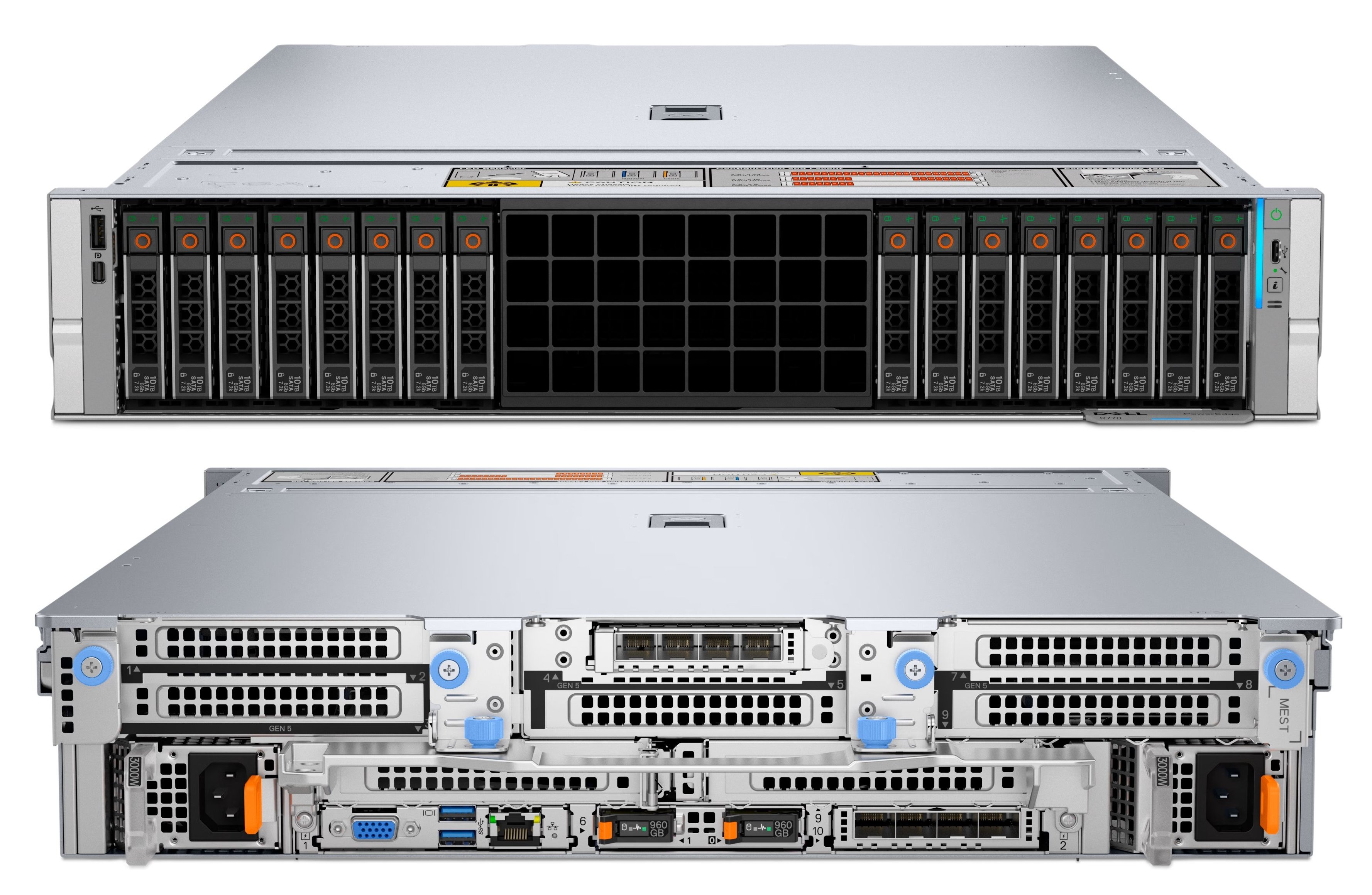Wireless market facing further consolidation
The need to collaborate on 802.11n and WiMax development coupled with current economic pressures is driving wireless technology companies together.
More wireless hardware and chipset companies are going to look to mergers and takeovers in the coming two years, claims a leading vendor.
Michael Coci, vice president of worldwide systems engineering at Trapeze Networks predicted at the NetEvents conference in Faro that the current wave of consolidation is going to continue for some time yet.
"The rise of 802.11n, coupled with the economic climate is driving a culture of consolidation in the wireless market," he told IT PRO.
"There are cost and competitive pressures on the industry, and acquisitions and mergers are being seen as one way to maintain size and economies of scale in a very competitive market."
Trapeze itself was taken over earlier this year by structured cabling company Belden, a prime example of the interest in the market coupled with the need for size and economic support in order to compete.
At NetEvents, Trapeze was discussing its latest wireless access point, the MP-432 (pictured), which is designed to look like a smoke detector rather than a conventional access point, reducing the risk of theft when installed in public places such as corridors, schools, libraries, bars and coffee shops etc.
"One of our customers now refers to it as ceiling jewellery something they are happy to keep visible rather than something they would rather hide on the otherside of the false ceiling tiles," added Alistair Mutch, worldwide business development director at Trapeze.
Sign up today and you will receive a free copy of our Future Focus 2025 report - the leading guidance on AI, cybersecurity and other IT challenges as per 700+ senior executives
The company also revealed details of its wireless deployment at the Belfast Royal Hospitals Trust, where Trapeze wireless access points are covering 80 acres of hospital buildings and grounds, making it one of the largest single network Wi-Fi deployments in the UK.
"The use of the network, and the people running it are very progressive. They are using it for everything from VoIP to conventional data. They also offer distance learning for children who are in for treatment, remote translation services to help with treatment of non-English speakers via IP devices, and can even ring fence part of the network to allow the kids to play games of an evening," Mutch added.
-
 OpenAI says future models could have a ‘high’ security risk
OpenAI says future models could have a ‘high’ security riskNews The ChatGPT maker wants to keep defenders ahead of attackers when it comes to AI security tools
-
 Why Dell PowerEdge is the right fit for any data center need
Why Dell PowerEdge is the right fit for any data center needAs demand rises for RAG, HPC, and analytics, Dell PowerEdge servers provide the broadest, most powerful options for the enterprise